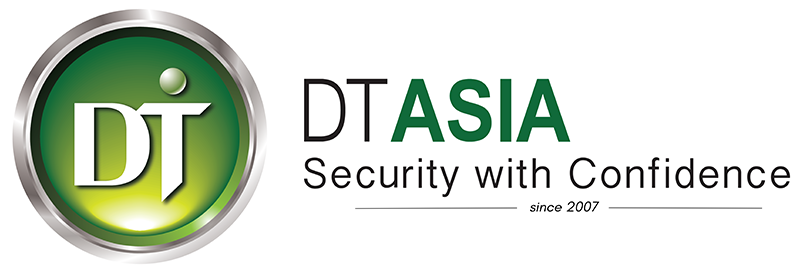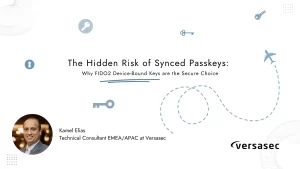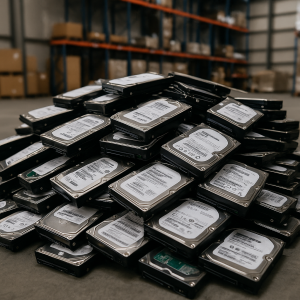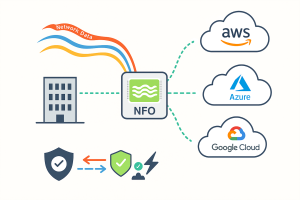Secure Shell (SSH) is still the de facto method for Linux, database & network admins, and application support teams to securely connect to servers and applications within them. That access is made by using SSH keys.

Just like passwords, SSH keys are critical access credentials that provide access to critical data.
But unlike passwords, SSH keys are typically not managed, even though they outnumber passwords 10 to 1 in large enterprises.
Securing and managing SSH encryption keys is just as critical as managing passwords in business-critical environments.
There are plenty of solutions that simplify and manage SSH key lifecycle management. However, only a few of them are equipped to handle the complexities of modern and distributed digital environments with key estates that encompass hundreds of thousands of encryption keys and comprise dynamic cloud services.
When evaluating an Enterprise SSH Key Management solution, it is important to pay attention to the following key capabilities:
- Discovering hard-to-find keys and centralizing SSH key lifecycle management
- Replacing vulnerable, ungoverned, and policy-violating keys
- Enforcing policies and compliance through software
- Non-intrusive deployment without changes to key architecture
- Automating the full SSH lifecycle to simplify the effort of staying compliant
- Reducing key management overhead with just-in-time (JIT) Zero Trust access – without keys
Download this guide by SSH.COM for more information: https://info.ssh.com/enterprise-ssh-key-management-buyers-guide-for-zero-trust
DT Asia is a SSH.COM distributor for Southeast Asia for nearly 15 years, with customers that include government agencies, financial institutions and healthcare providers.










